

In the 2022 Programme for International Student Assessment (PISA) survey, the Philippines lagged behind in reading comprehension with a score of 347, below the Organization for Economic Cooperation and Development (OECD) average of 476.
In order to address the learning gap, BINHI developed its BINHI Learning Program, a 6-month after school program providing literacy intervention guided by proven teaching methodologies. What lies at the heart of BINHI is its teacher training, testing (Pre, Mid, and Post), regular class monitoring, periodic student progress assessment, and three (3) English Reading Kits created using the latest teaching methodologies and designed to be taught by both teachers and volunteers.
There are three types of learning levels:
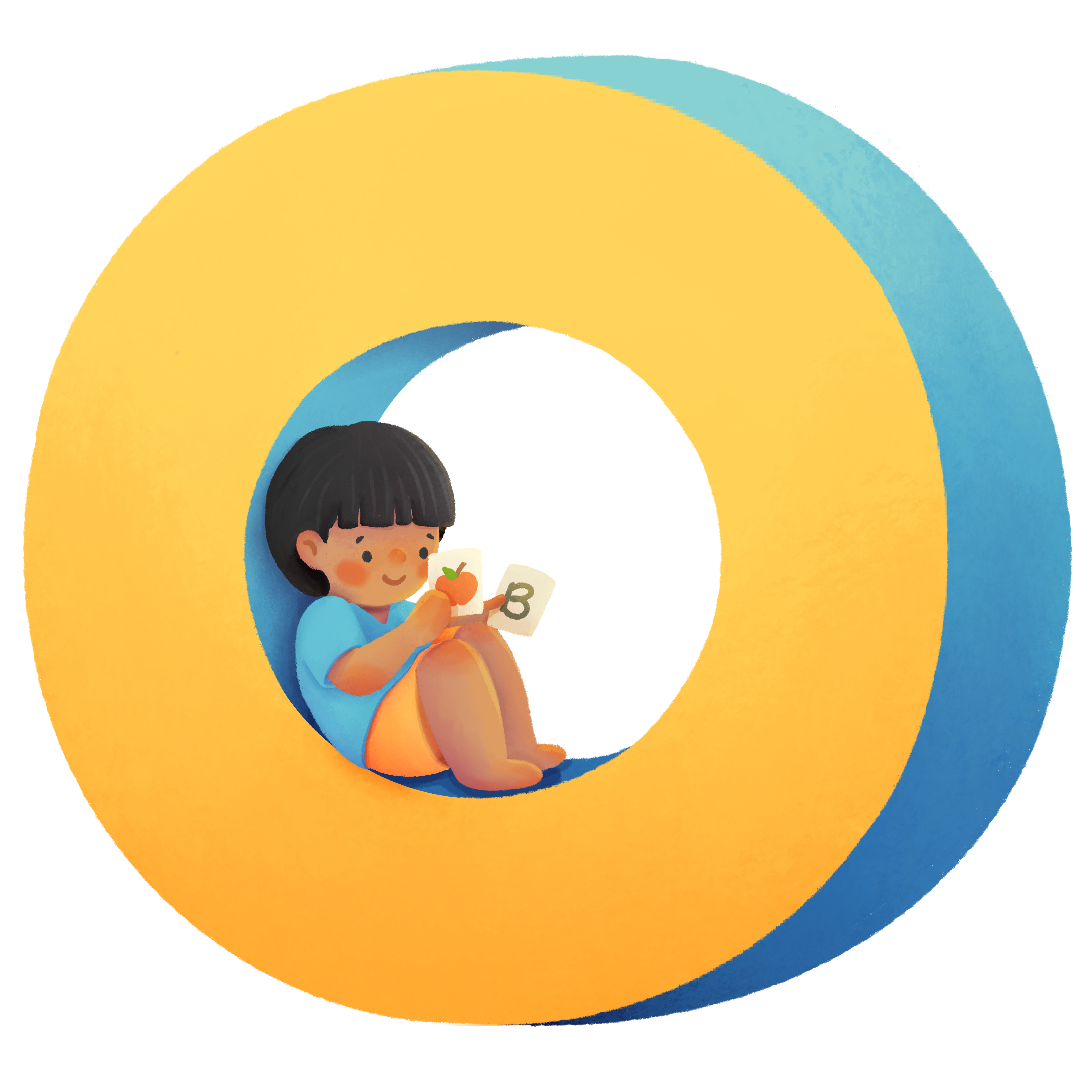
This kit is designed to build a strong foundation in early literacy for young learners. It helps children develop essential skills such as alphabet recognition (letter names and sounds), basic phonemic awareness, listening comprehension, early writing, and decoding CVC (consonant-vowel-consonant) words.
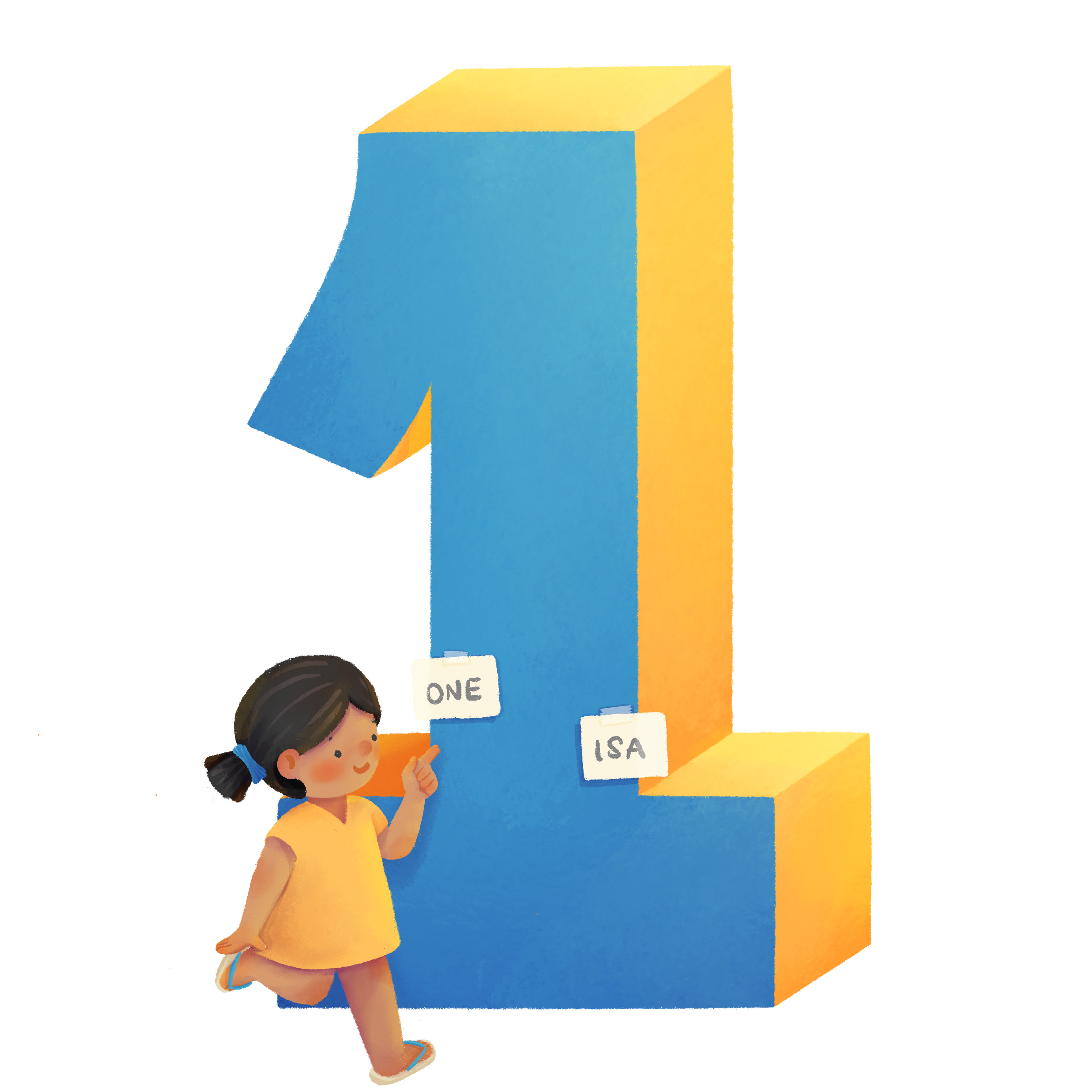
This kit is designed to strengthen children’s foundational literacy skills, supporting their development as confident sentence readers and writers. The program focuses on improving accuracy and automaticity in decoding and encoding, expanding vocabulary, and building essential reading comprehension abilities.
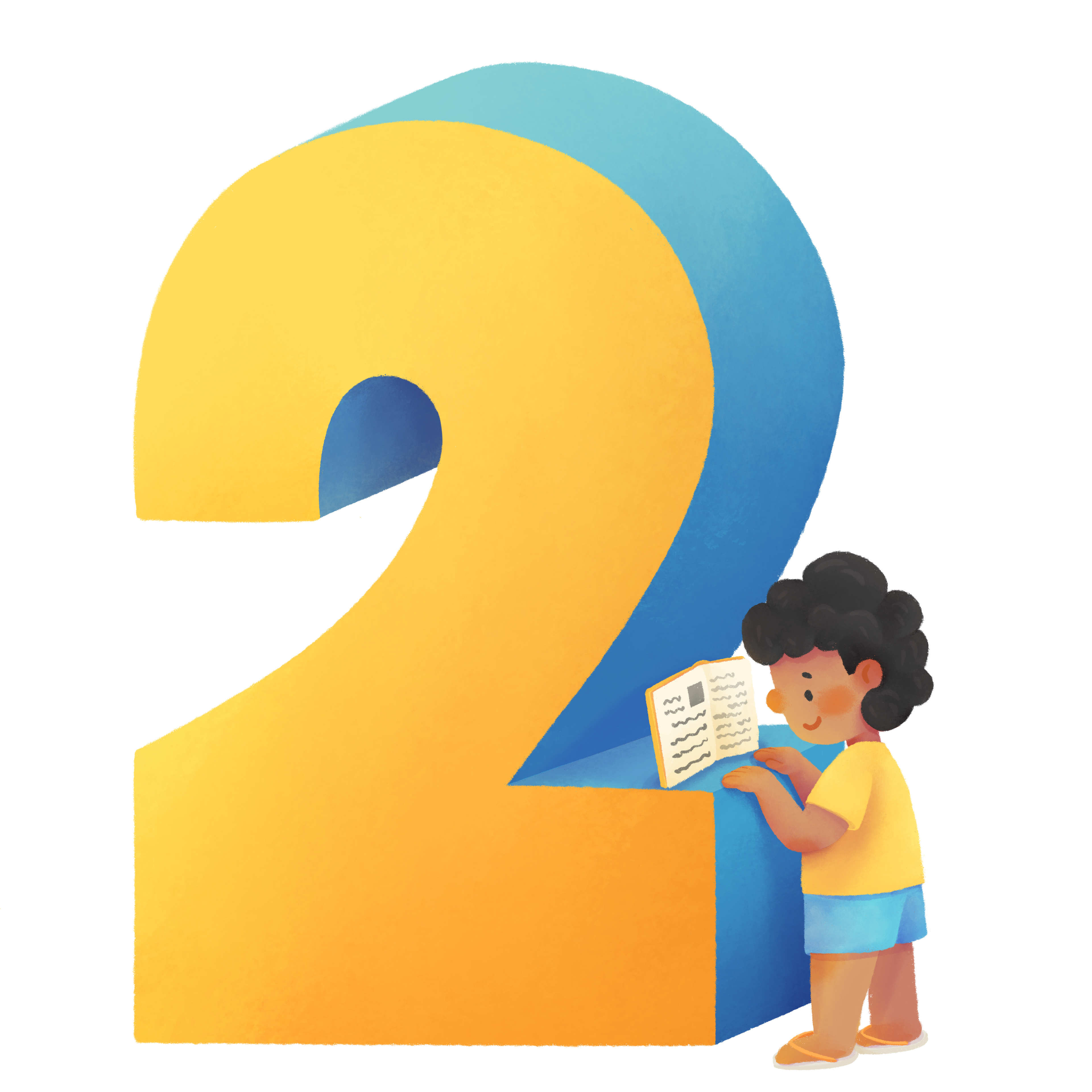
This kit is designed to further develop children’s literacy skills, introducing more advanced language patterns with focus on enriching vocabulary, strengthening reading comprehension, and building reading stamina.
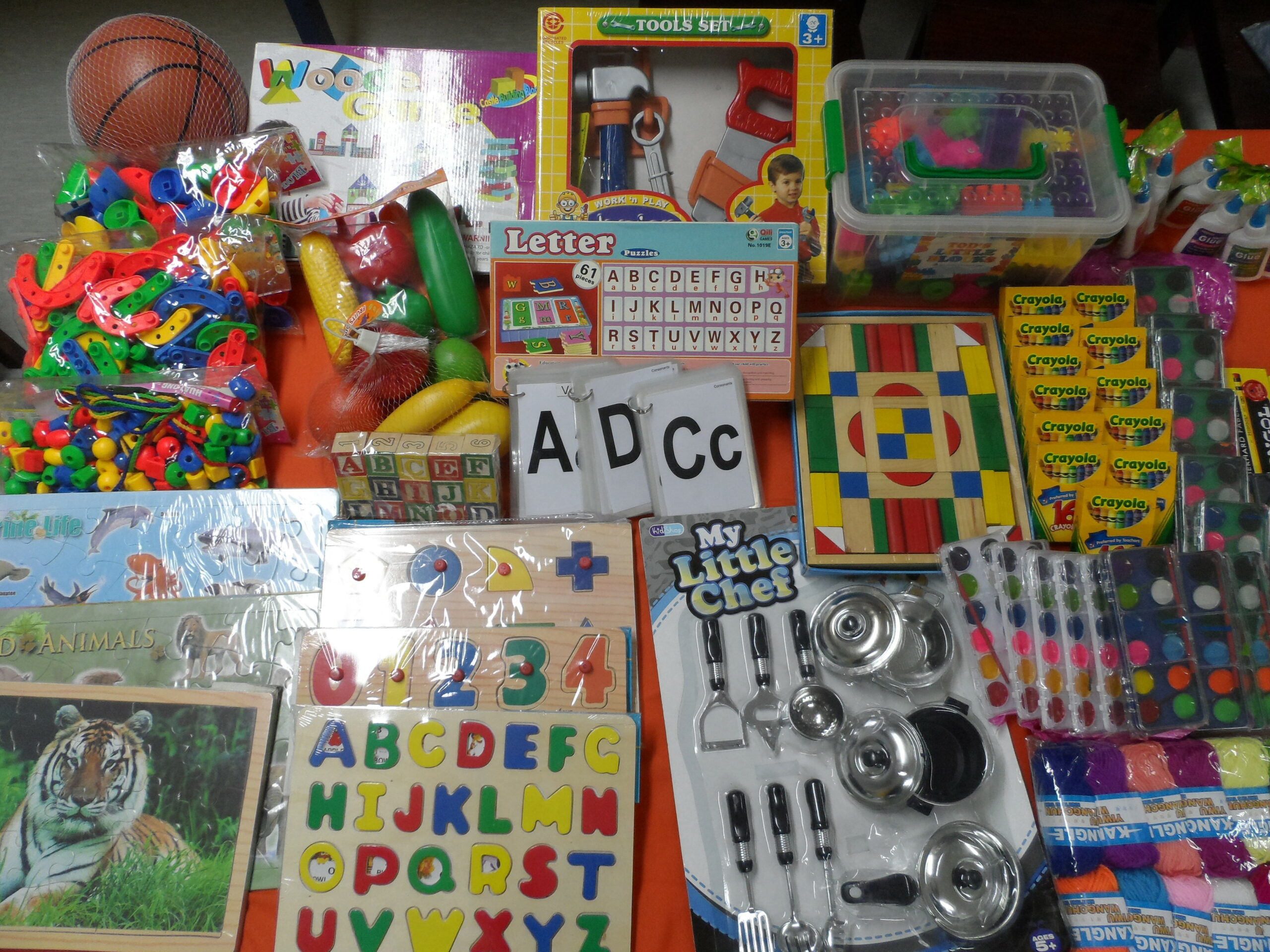
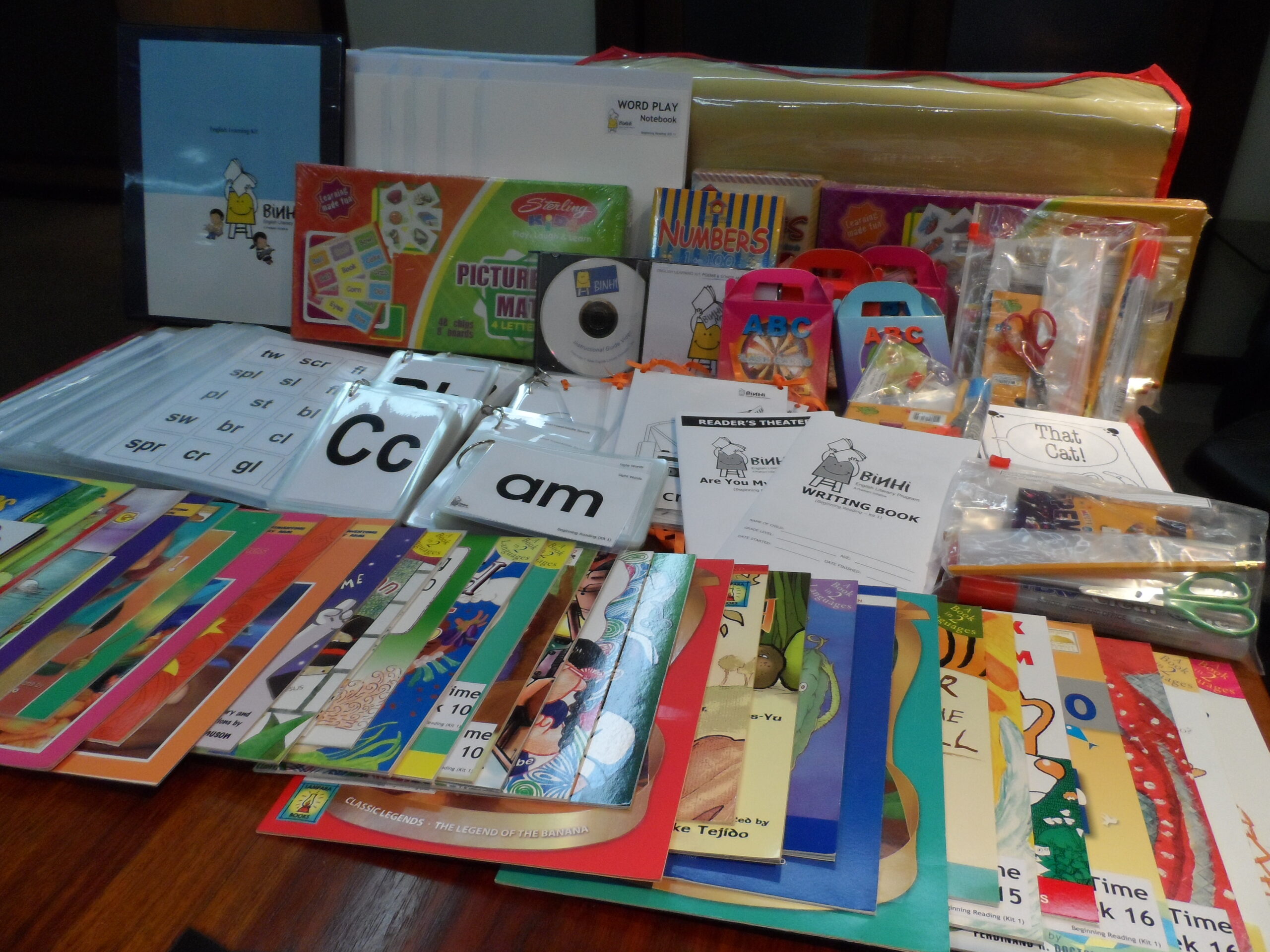
All of BINHI English Reading Kits include the following: a teacher’s manual with a daily lesson plan for 6 months, flashcards, work sheets, activity sheets, and story books. The program is regularly monitored and the students are tested on their progress through pre, mid, and post-tests, and assessments.
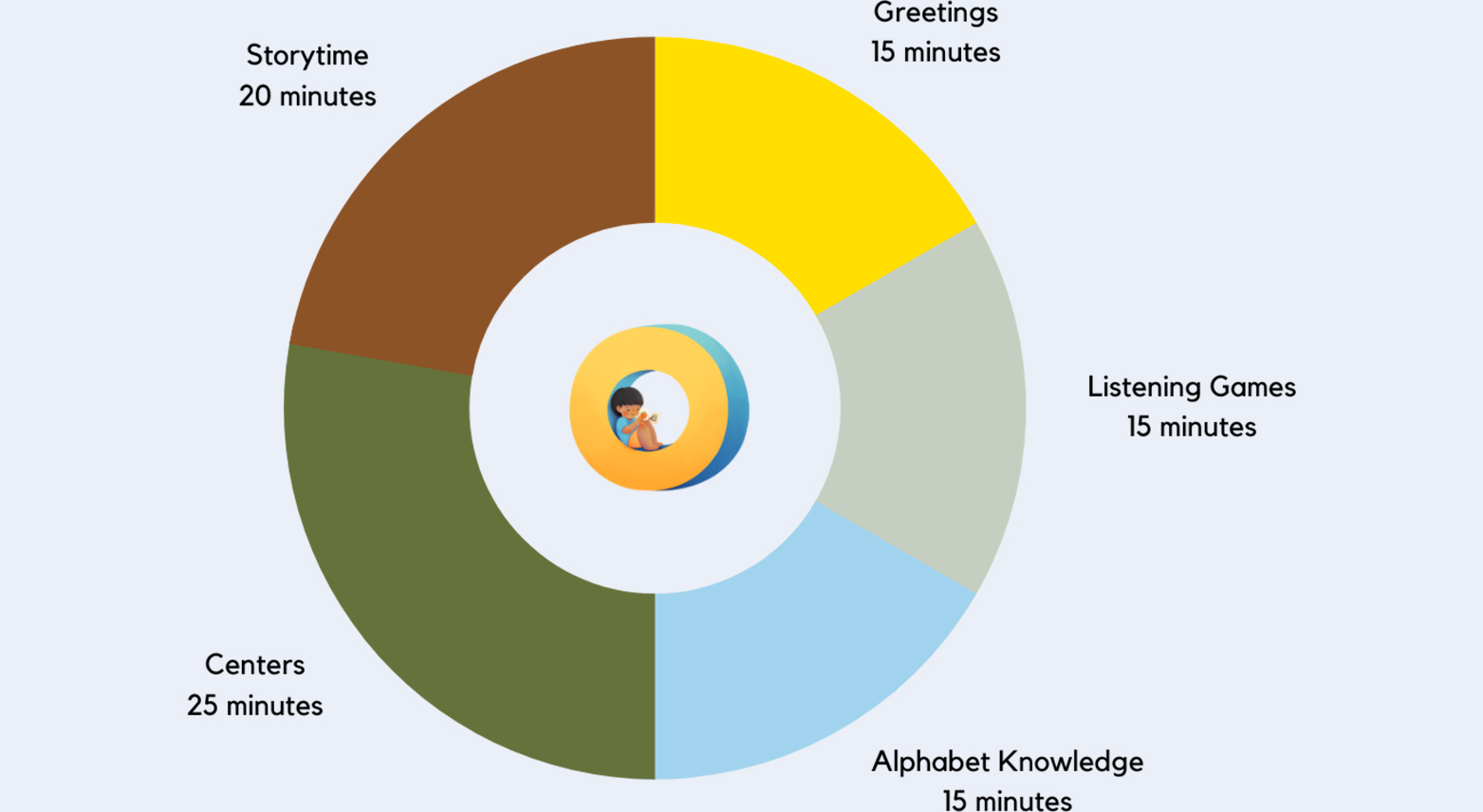
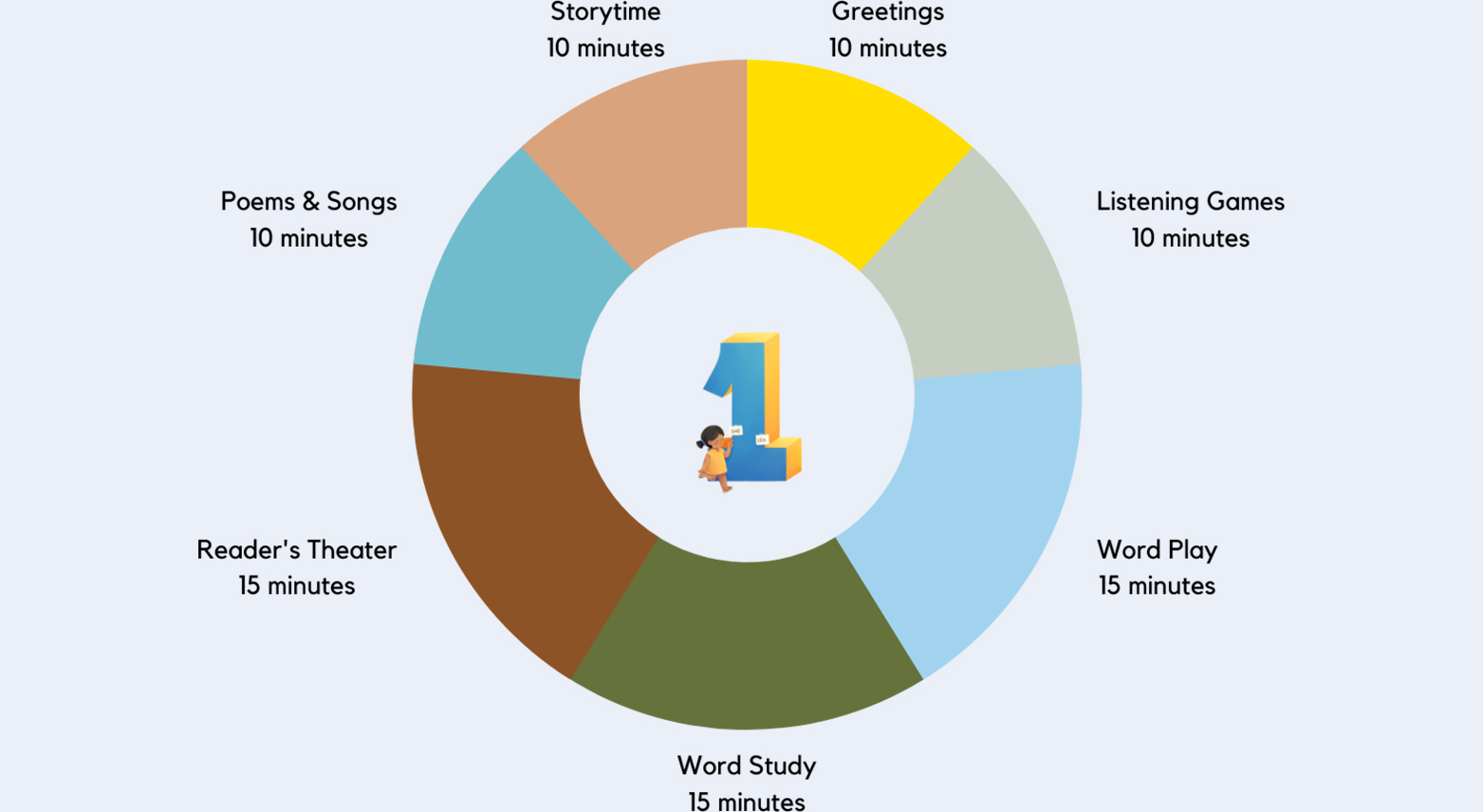
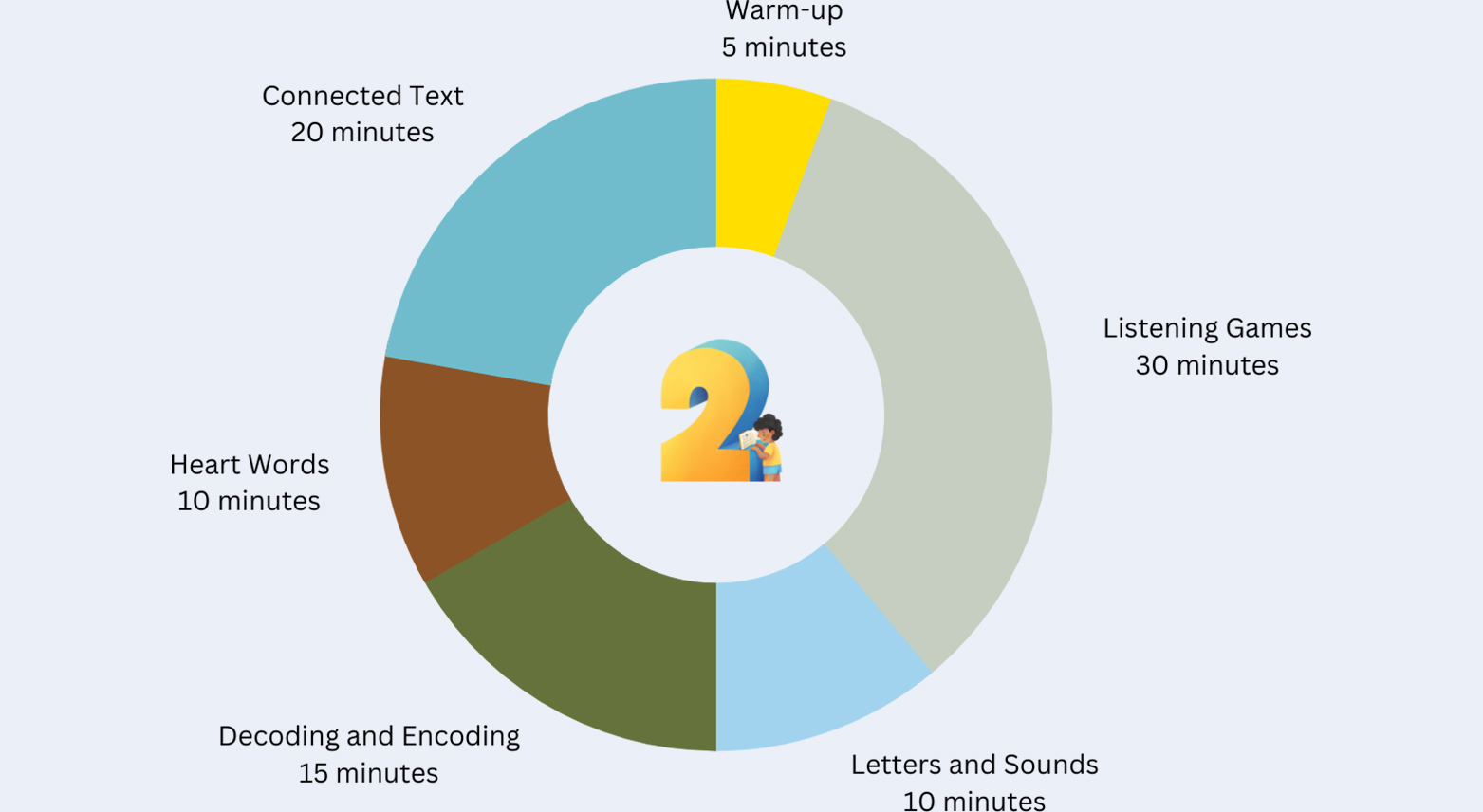
All BINHI Kits are conducted daily (Monday to Friday) over 100 days, with Kit 0 running for 1 hour and Kits 1 & 2 for 1 hour and 30 minutes, following the DepEd school calendar.